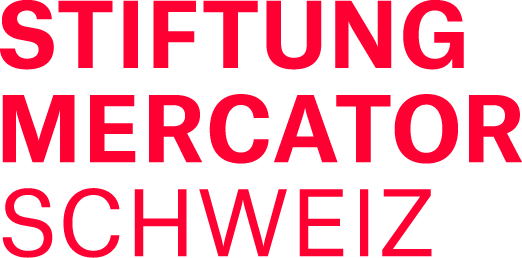S-CLEVER. School improvement in the face of new challenges
A multinational longitudinal study in Germany, Switzerland and Austria
Project website
Project launch: 2020
In spring 2020, the Covid-19 pandemic posed new challenges for the education system. The pandemic impacted the core of school and teaching, namely the mediation of knowledge and the promotion of pupils’ professional and transdisciplinary competence, but it also affected school life as a space of encounters, socialization, integration and personal development. In order to ensure pupils’ learning as well as their wellbeing, schools were confronted with diverse challenges, including managing teachers’ and pupils’ varying familiarity with digital platforms, acquiring missing resources, making distance teaching materials available, providing feedback possibilities to support pupils, communicating with pupils and theirs parents in the context of distance teaching, or realizing school under risk conditions.
What is the S-CLEVER study's aim?
The S-CLEVER study’s aim is to investigate the experiences that schools have made with regard to these unusual circumstances. The study will focus on their action strategies, on the changes that have taken place during and following school closure and also on the effects of these changes on the development of the school and its pupils.
What are our central questions?
- What challenges have the individual schools faced due to the Covid-19 pandemic and what challenges are yet to come in the current academic year?
- What strategies have the schools used to respond to these challenges?
- What long-term solutions have been developed on the school and class levels, and which of them are particularly suitable and efficient?
- How have these solutions affected the school in practice, and how will the pupils’ learning have been impacted in the long run?
- Which factors influence the development processes in the school and their results?
How will we conduct this study?
The study begins with a questionnaire targeted at school leaders of compulsory primary and lower secondary schools and upper secondary schools. School leaders will be questioned three times by means of online questionnaires during the academic year 2020/2021 (each of which take approximately 30 minutes to complete). Participation is voluntary. The data collected will be evaluated anonymously under strict data protection guidelines. Then, should the respective schools prove to be interested, the study will expand to teaching staff and specialists, as well as ultimately to pupils.
What can school leaders and schools gain?
- In January 2021, the participants of the questionnaires will be provided with a report containing the results and country-specific evaluations as well as best practice cases.
- The results will be discussed with school leaders and representatives of education policy and educational administration in regional workshops, as will the consequences for support and further education.
- All school leaders will receive individual feedback in summer 2021 in relation to the national and multinational overall sample.
- In autumn 2021, the overall results will be presented to school leaders and representatives of education policy and educational administration in regional workshops in relation to their impact on support and further education.
Who can participate and how?
- School leaders of compulsory primary and lower secondary schools, as well as upper secondary schools in Germany, Switzerland and Austria.
- In Switzerland, the study will be conducted in the cantons of Aargau, Lucern, St. Gallen, Thurgau and Zurich.
- The school leaders will receive a link to the online questionnaire following the summer holidays.

